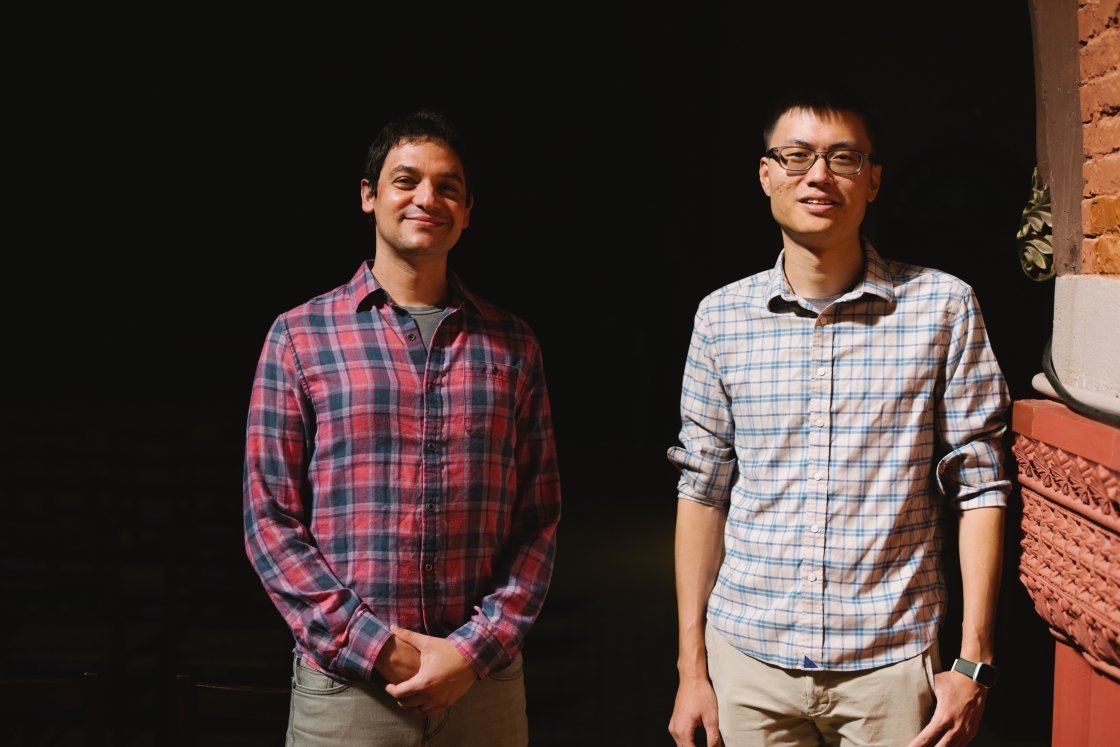December 7, 2017– A Dartmouth-led study on how we learn finds that humans tend to rely on learning about the features of an object, rather than on the individual object itself.
The research published in Nature Communications examines how the brain evaluates choices in relation to reward feedback.
Learning from reward feedback can be challenging when faced with a myriad of choice options, since each option has a unique reward value to be learned, but also has many features (i.e. color, shape, texture). On the one hand, it is not feasible to learn the reward value of every individual option and on the other hand, it is unclear what to learn from many features of an option.
For example, consider how a child learns what different fruits taste like, such as red crispy apples or yellow mushy bananas. It would take a lifetime to try to learn what every fruit tastes like (using an object-based approach); however, if one were to evaluate a fruit based on its characteristics, such as its color and texture (feature-based approach), this would help reduce the number of reward values one must learn to understand how that particular fruit may taste.
To examine when feature-based learning versus object-based learning dominates, the researchers created different learning environments in the laboratory setting where participants were presented with pairs of objects with different reward possibilities and were then tasked to learn their reward values from feedback.
The findings revealed that feature-based learning not only reduces the dimensionality and the number of reward values participants have to estimate but also allowed them to adapt more quickly to the new environment without compromising precision during the learning process. The participants not only adopted feature-based learning but also selectively learned the features that were informative rather than those that were not.
“The strong tendency to learn about features is one of many heuristics we use to deal with learning in the real world, which is a volatile place and there are numerous things to learn,” says senior author Alireza Soltani, an assistant professor of psychological and brain sciences at Dartmouth.
Soltani is available for comment at: alireza.soltani@dartmouth.edu.

